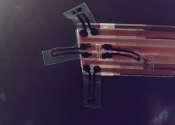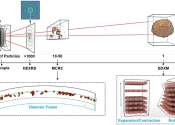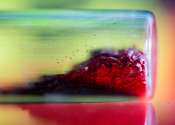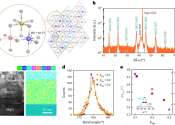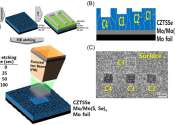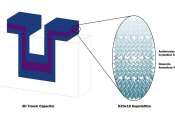New soft robotic gripper designed with graphene and liquid crystals
Eindhoven researchers have developed a soft robotic "hand" made from liquid crystals and graphene that could be used to design future surgical robots. The new work has just been published in the journal ACS Applied Materials ...
Jun 18, 2024
0
53
